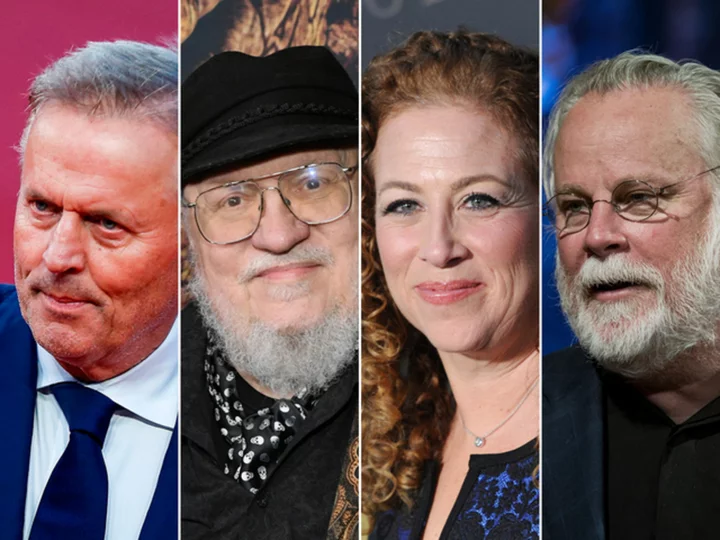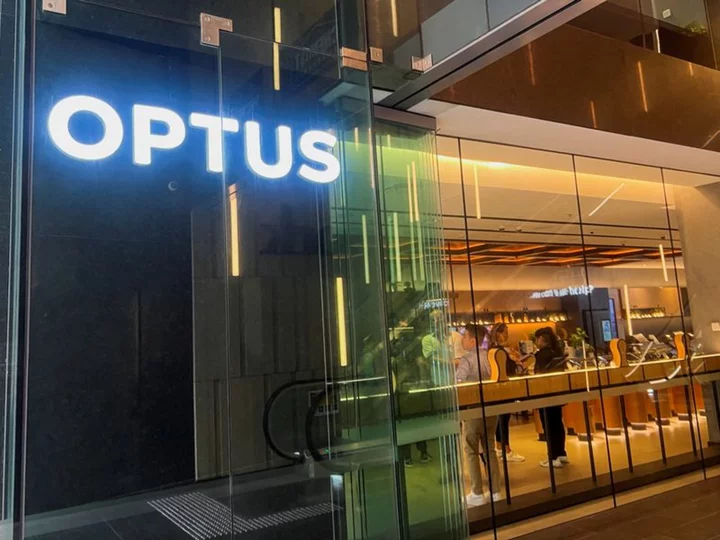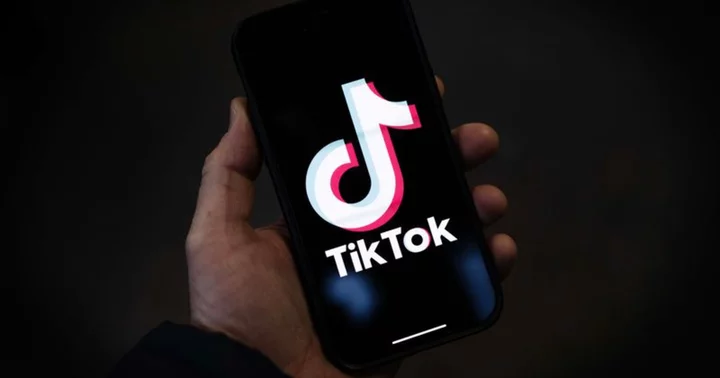A group of famous fiction writers joined the Authors Guild in filing a class action suit against OpenAI on Wednesday, alleging the company's technology is illegally using their copyrighted work.
The complaint claims that OpenAI, the company behind viral chatbot ChatGPT, is copying famous works in acts of "flagrant and harmful" copyright infringement and feeding manuscripts into algorithms to help train systems on how to create more human-like text responses.
George R.R. Martin, Jodi Picoult, John Grisham and Jonathan Franzen are among the 17 prominent authors who joined the suit led by the Authors Guild, a professional organization that protects writers' rights. Filed in the Southern District of New York, the suit alleges that OpenAI's models directly harm writers' abilities to make a living wage, as the technology generates texts that writers could be paid to pen, as well as uses copyrighted material to create copycat work.
"Generative AI threatens to decimate the author profession," the Authors Guild wrote in a press release Wednesday.
The suit alleges that books created by the authors that were illegally downloaded and fed into GPT systems could turn a profit for OpenAI by "writing" new works in the authors' styles, while the original creators would get nothing. The press release lists AI efforts to create two new volumes in Martin's Game of Thrones series and AI-generated books available on Amazon.
"It is imperative that we stop this theft in its tracks or we will destroy our incredible literary culture, which feeds many other creative industries in the US," Authors Guild CEO Mary Rasenberger stated in the release. "Great books are generally written by those who spend their careers and, indeed, their lives, learning and perfecting their crafts. To preserve our literature, authors must have the ability to control if and how their works are used by generative AI."
The class-action lawsuit joins other legal actions, organizations and individuals raising alarms over how OpenAI and other generative AI systems are impacting creative works. An author told CNN in August that she found new books being sold on Amazon under her name — only she didn't write them; they appear to have been generated by artificial intelligence. Two other authors sued OpenAI in June over the company's alleged misuse of their works to train ChatGPT. Comedian Sarah Silverman and two authors also sued Meta and ChatGPT-maker OpenAI in July, alleging the companies' AI language models were trained on copyrighted materials from their books without their knowledge or consent.
But OpenAI has pushed back. Last month, the company asked a San Francisco federal court to narrow two separate lawsuits from authors -- including Silverman -- alleging that the bulk of the claims should be dismissed.
OpenAI did not respond to a request for comment on Wednesday.
"We think that creators deserve control over how their creations are used and what happens sort of beyond the point of, of them releasing it into the world," Sam Altman, the CEO of OpenAI, told Congress in May. "I think that we need to figure out new ways with this new technology that creators can win, succeed, have a vibrant life."
US lawmakers met with members of creative industries in July, including the Authors Guild, to discuss the implications of artificial intelligence. In a Senate subcommittee hearing, Rasenberger called for the creation of legislation to protect writers from AI, including rules that would require AI companies to be transparent about how they train their models.
More than 10,000 authors — including James Patterson, Roxane Gay and Margaret Atwood — also signed an open letter calling on AI industry leaders like Microsoft and ChatGPT-maker OpenAI to obtain consent from authors when using their work to train AI models, and to compensate them fairly when they do.
But the AI issues facing creative professions doesn't seem to be going away.
"Generative AI is a vast new field for Silicon Valley's longstanding exploitation of content providers. Authors should have the right to decide when their works are used to 'train' AI," author Jonathan Franzen said in the release on Wednesday. "If they choose to opt in, they should be appropriately compensated."









